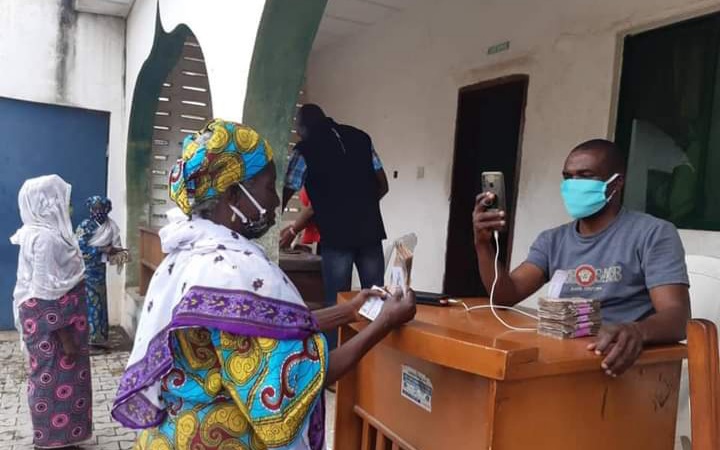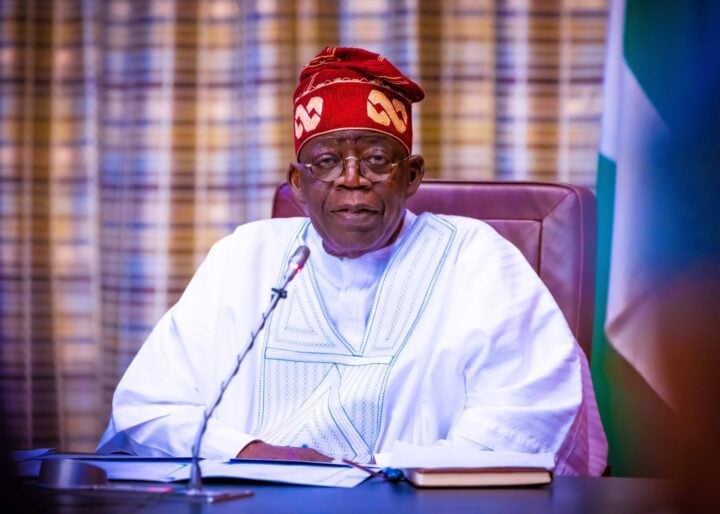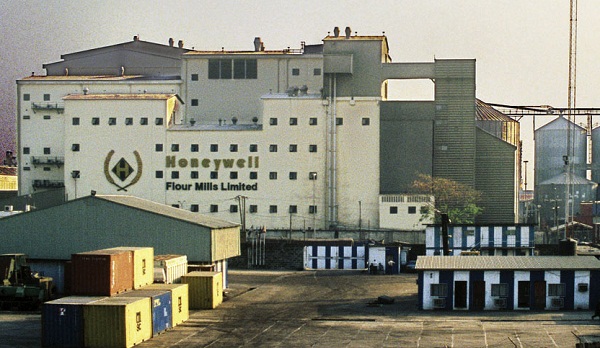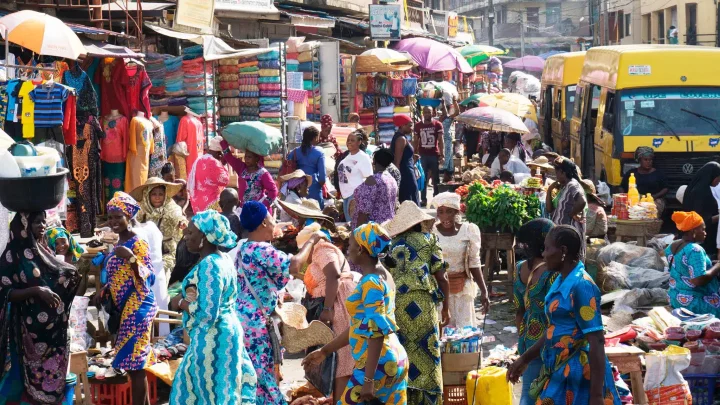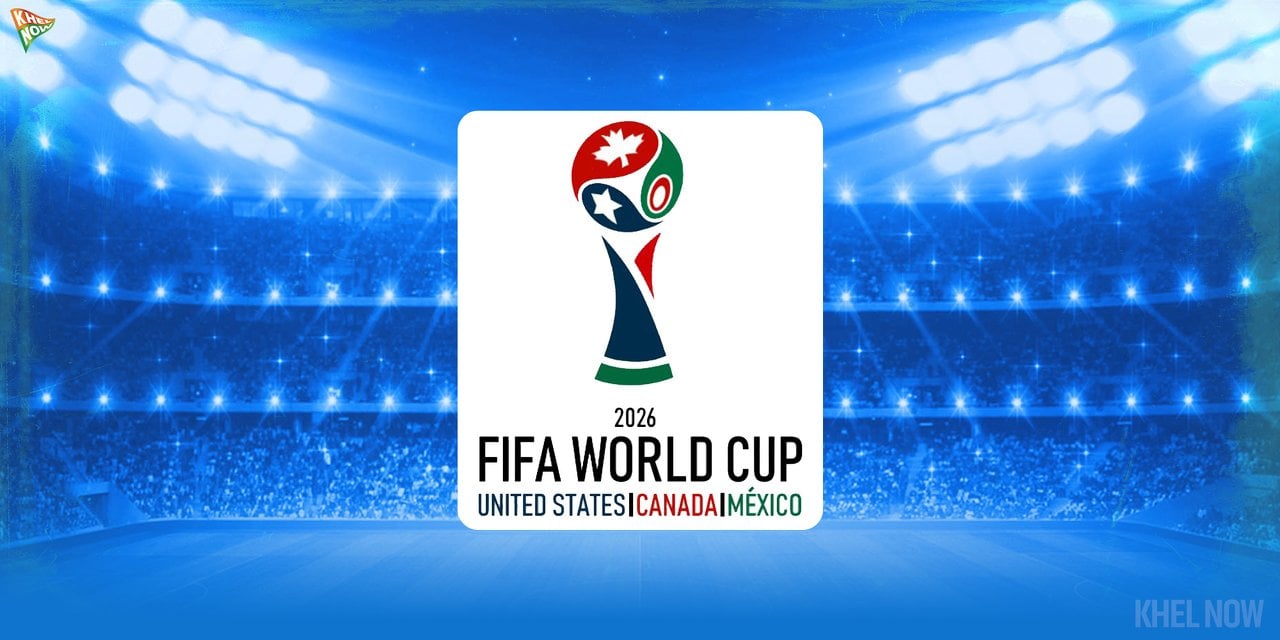The reported detour by President Bola Ahmed Tinubu on his government’s proposed ₦500 billion translating to ₦8,000 monthly palliative package for 12 million vulnerable households in Nigeria, for six months, is a sign that he will be a more responsive leader than his predecessor(s). The package is supposed to be a kind of social safety measure to cushion the effects of the recently removed subsidy on petrol.
Much has been said, and written, on the proposed package before the latest development from the presidency suggesting a review or an outright cancellation of the plan. Many Nigerians (especially on social media) have applauded it while some, among the enlightened few, upon a deeper reflection, did not see it as being the way to go due to the expected inflationary effects of pumping into circulation such a huge amount of money. Yours sincerely is one of those who disagree with the proposal. The pattern of agreement, and disagreement is similar, off social media.
It would be recalled that shortly after he announced the removal of fuel subsidy on the day of his inauguration (May 29, 2023), the speed with which prices of essential commodities and services skyrocketed makes it a “no brainer” that something needs to be done, and urgently so, to alleviate the sufferings of the masses, majority of whom are still basking in the euphoria of the dawn of a new era, with the slogan – Renewed Hope – an offshoot of late Chief MKO Abiola’s (the acclaimed winner of the June 12, 1993, presidential election) Hope 93 campaign slogan.
The socio-economic impacts of the zero-subsidy policy were so excruciating that many prominent Nigerians, including the president’s opponents in the last presidential election, Messrs Peter Obi and Atiku Abubakar, started suggesting that the president should come up with a policy that will, somewhat, numb the pains Nigerians are experiencing as a result.
Advertisement
I recently wrote an article titled ‘Tinubu’s palliative package must not be devoid of transparency and accountability’ in which I admonished the new administration to make the expected palliative such that nobody needs to know anybody to be a beneficiary. Furthermore, any form of intervention, I urged, must be in such critical sectors like the health, agriculture, education, mass transportation scheme, (rail transport inclusive) as well as road rehabilitation and construction that would guarantee Nigerians’ equal access to the benefits.
It must not be in the form of a cash transfer as we witnessed in the recent past, I added. This is because, it is capable of deepening an already-thriving culture of mendicancy, among people of the lower, and middle classes. I took that position because, with the benefit of hindsight, similar schemes in the past resulted in young men not wanting to do anything again since there is an assured source of income in the form of a stipend at the end of the month that would cater for their maslowian lower hierarchy of needs. Such schemes were also turned into a “food-for-the-boys” affair where those hangers-on and rent-seekers at the corridor of power ensure that the target beneficiaries hardly got anything, and the purpose got defeated.
It was therefore, very shocking to read on pages of newspapers that the federal government has concluded plans and gotten the needed (legislative) approval to distribute a paltry sum of ₦8,000 each, to about 12 million vulnerable households in Nigeria over a period of six months.
Advertisement
When a friend on social media queried: “What is wrong with that?” Everything is wrong with that, at this material time of hyperinflation, I retorted. Although, around the world, it is not uncommon to see such a scheme implemented, especially, to reflate a recessive economy or a period of deflation, it is not the way to go for Nigeria given the current situation. Any scheme that is not aimed at directly boosting the real sector is a total waste of time, energy, and resources. And it will further compound the problems we are currently battling as a nation. Governments deliberately, and literally, put money into people’s pockets to jump-start an economy only during a recession but it is a low-hanging fruit for any administration that is steeped in intellectual bankruptcy. As we speak, America is still battling with the inflationary effects of the money distributed as “benefit” during the period of the COVID-19 pandemic. Such money is usually given to people who hardly create value; people who have done virtually nothing and that renders such a gesture, a waste of time, energy, and resources.
Another issue I have with the proposed scheme is that in a country where data management is not a part of our culture even though we regularly embark on a series of data-capturing projects like the population census, national identity registration, bank verification number (BVN), driver’s license, SIM card registration, among other, which at the end of the day come to nought, how did they arrive at the number – 12 million vulnerable (extremely poor) household? Who did the survey that produced the statistics? If it is a matter of randomly picking a number then, how are we certain that those responsible have not selected people based on man-knows-man or that their purportedly identified targets are not “ghosts”? How sure are we that ethnoreligious sentiments have not tainted the selection of the beneficiaries?
So, another question remains, who will, and how will they, locate those families who are truly deserving of this considering their presumed socio-economic situations? If they’re located, how far will it go in assuaging their hunger when prices of foodstuffs have gone up, at least, by not less than 100% in most cases? How can we guide it (the scheme) against going the ways of those of the immediate past administration? Up to this moment, all I know about the conditional cash transfer (CCT), by the last administration, is what I read on the pages of newspapers. I have never come across any beneficiary or known anyone who knows any of those transferees, even though I reside in an area populated by people who could be categorised as “qualified for it”. Let me not mention the “virtual home-grown school feeding programme” (some Nigerians on social media jocularly call it “e-feeding”). Recall that, the minister for humanitarian affairs, disaster management and social development at the time, Hajia Sadiya Umar-Farouq, claimed her ministry had fed millions of schoolchildren while their schools were not in session during the COVID-19 lockdown. Therefore, if this proposed one were to go ahead, I am very sure the scheme would create a new list of “overnight millionaires, if not “billionaires” at the expense of the target beneficiaries.
Distributing ₦500 billion in handouts to 12 million out of an estimated 43 million vulnerable households in Nigeria, of course, is a drop in the ocean that would attract unnecessary attention to the recipients. Even, now that the money is yet to hit the pockets of the supposed beneficiaries, it is already triggering a hike in the prices of goods and services across sectors. Meanwhile, if the distribution had proceeded, the issue of deficits in social amenities would still not disappear unless there is a deliberate policy of intervention. That is why I do not think it is wise for President Bola Tinubu to travel the route of another “Udoji Award”. Like my respected “Ẹ̀gbọ́n”, Simon Kolawole, wrote in one of his vintage articles not long ago, we have tried fighting poverty using handouts but have nothing to show for it. The more cash we distribute, the poorer the recipients get. Rather, it has instilled in the majority of our citizens that “Kao kudi” mentality that results from the pervasive sense of entitlement that similar schemes in the past have engendered over time among our people, especially the youths. That sense of entitlement, irrigated by ill-thought-out policies like this, is at the base of most of the common social vices that society has to contend with.
Advertisement
Having said that, what then should the government do with the money? ₦500 billion, as I said earlier, would be a drop in the ocean if distributed to any imagined vulnerable group of households. But it is massive if, and when, invested craftily in critical sectors where its benefit will go around without keeping the Economic and Financial Crimes Commission (EFCC) and the Independent Corrupt Practices and Other Related Offences Commission (ICPC) busy at the end of the day. Imagine how many 60-seater buses for mass transit the amount can procure. Someone said it could buy as many as 8,000 units. Now, if that is true, it translates to no fewer than 11 such buses per local government in the country. That would ease the cost of transporting people, goods, and services from one location to another.
There are four key issues (economic variables) that Nigerians are battling at the moment:
- The high cost of foodstuff: Yoruba people say once hunger is removed from the components of poverty, the rest would be easier to address. In an integrated rural development scheme, the provision of access roads will go a long way in easing the movement of produce from the farm to the market at a relatively lower cost.
- Number two is the high cost of transportation. If what Nigerians spend moving from one place to another is relatively lower than it currently is, then the cry of hardship would be drastically reduced because the cost of transportation affects the prices of virtually every good and service, especially, the essential ones.
- Three; the high cost of energy. What contributes, the most, to the high costs of operation in most industries in Nigeria today is the cost of energy brought about, majorly, by the unstable public power supply in the country. It has been a continual threat to the survival of most businesses in the country and it has sent some to extinction. Give Nigerians, at least, a guaranteed 15-hour electricity per day and watch them perform wonders. The salons, the welders, the vulcanisers, the printing press, food processing companies, saw millers, etc., need it for them to be able to eke out a living from their respective industries through optimum patronage from people of both the lower and middle class.
- And four, non-affordability of medical services and consumables – the high cost of medication. To treat common diseases like malaria fever in Nigeria, you require not less than ₦2,000. Do not let us talk about typhoid and other higher fevers that are much more complex to treat than malaria. Those will require about ₦20,000 to have a semblance of comprehensive treatment. Now, imagine one or two members of a lucky family who receives the ₦8,000 stipends are down with any of the above ailments, and have to be treated, how far do you think the money will go in sustaining them? Meanwhile, some service providers are already warming up, ready to jerk up their rates in anticipation of the Greek gift, mistaken for a largesse.
For a more beneficial, result-oriented deployment of such a fund, let the government just invest it in any one or two of these sectors and watch how it pans out. Imagine the federal government investing it in a sector like electricity or transportation. The ripple effects would be such that, it will cascade down the socio-economic ladder with a huge multiplier effect on our gross domestic product (GDP). It will steer the ship of the nation’s economy away from consumption to production. I am saying all these, pretending that the issue of insecurity is taken care of. Nigerians are not lazy people, and I don’t think what they are asking for, from their governments at all levels, is too much – just an enabling environment to hustle and earn their living.
Investing in infrastructures like roads, rail lines, or other social amenities like schools, hospitals etc., that would bring about meaningful impacts on the lives of the citizens is the way to go.
Advertisement
Presently, I am confused, as to where the World Bank and the International Monetary Fund (IMF) stand with their neoliberal economic policies. They seem to be approbating, and at the same time, reprobating. In short, they made us understand that the government has no business in “business”. They even make it a condition for governments of Third World countries to divest from business ventures and withdraw subsidies from the provision of essential goods and services before they can be allowed to enjoy credit facilities from the Bretton Woods institutions, yet they’re giving out a loan ($800 million) to the federal government to be distributed to the vulnerable households in the country in the aftermath of fuel subsidy removal. This is akin to advising a mother to stop cooking for her children because it is not her responsibility to feed them. But the adviser is ready to lend her money to be distributed to the same children so that they can all go out and eat at any of the neighbourhood eateries. Contradiction on steroids.
Now that we are getting reports that the federal government has ditched the idea, President Bola Tinubu must ensure that something, other than cash distribution, is done to cushion the effects of full deregulation of the petroleum industry. This is more so now that there has been another upward review of pump prices from about ₦500 to over ₦600. Otherwise, he would be, undesirably, fulfilling his campaign promise “to continue from where his predecessor, Muhammadu Buhari, stopped” – a promise an average Nigerian would wish he never fulfils. As the saying goes, in the local parlance, “the (Nigerian) street is not smiling at the moment”.
Advertisement
Abubakar writes from Ilorin, Kwara state. He can be reached via 08051388285 or [email protected]
Advertisement
Views expressed by contributors are strictly personal and not of TheCable.

